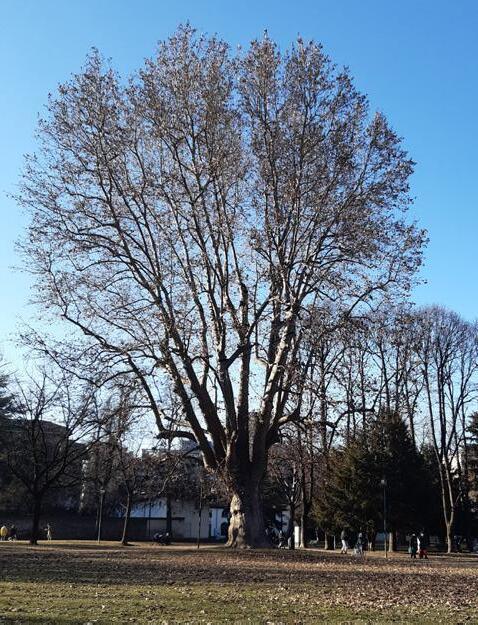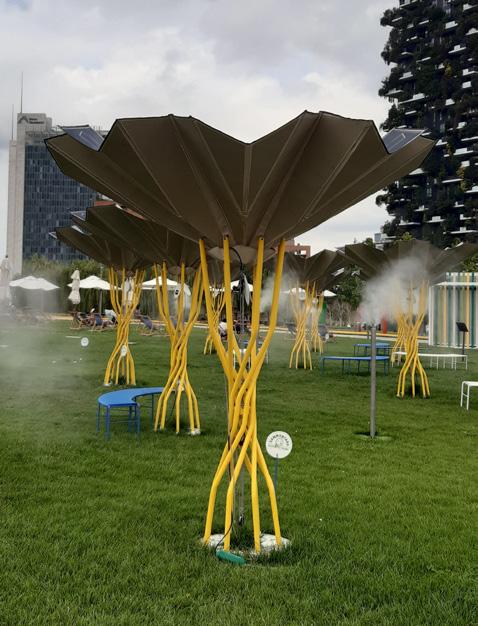
1 minute read
CLIMATE-RESPONSIVE SOLUTIONS TO IMPROVE MICROCLIMATE INCLUSIVITY OF PEDESTRIAN PATHS
In light of the 15-minute city, in a world experiencing an increasing frequency of extreme climatic events and population growth and ageing, urban designers need tools to enhance inclusivity, comfort and sustainability in cities. Marika’s research focuses on the microclimatic conditions of pedestrian paths, analysing how solar radiation impacts users in outdoor spaces. The research draws on three layers: outdoor thermal comfort, urban design and pedestrian mobility. Specifically, solar radiation exposure of sidewalks is analysed in different seasons and times of the day. Evaluating the impact of solar radiation on pedestrians of diverse walking abilities fosters inclusivity in urban design. The outcome of this research is a protocol for urban designers to locate climate-responsive solutions in the urban environment. This protocol is a decision-making tool divided into three operational phases: analysis, evaluation and design. The workflow is thought of as an iterative process for creating an optimized design proposal.
source: author source: author
Natural climate-responsive solution: deciduous trees provide shade in summer and allow solar radiation in winter, for the benefit of pedestrians.

Artificial climate-responsive solution: Parelio for Sammontana by CRA-Carlo Ratti Associati is a foldable photovoltaic umbrella.

MARIKA TOMASI PhD Student

mt622@kent.ac.uk
Marika graduated in 2019 in Architectural Engineering at the University of Trento (IT), where she attended a five-year program on architecture, urban planning, and engineering. After a brief working experience in landscape planning, she became Early Stage Researcher for SOLOCLIM, a European Industrial Doctorate (EID) project in the programme Innovative Training Networks (ITN) and part of Marie SkłodowskaCurie Actions funded by the European Commission within the Horizon 2020 programme under grant agreement No 861119.
SUPERVISORY TEAM
Professor Marialena Nikolopoulou
Dr Giridharan Renganathan Monika Löve





